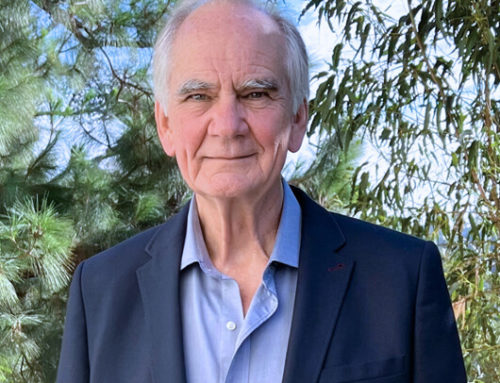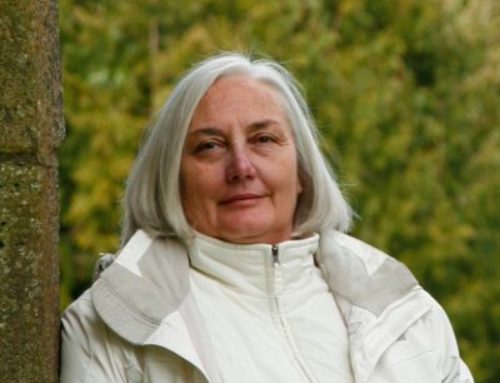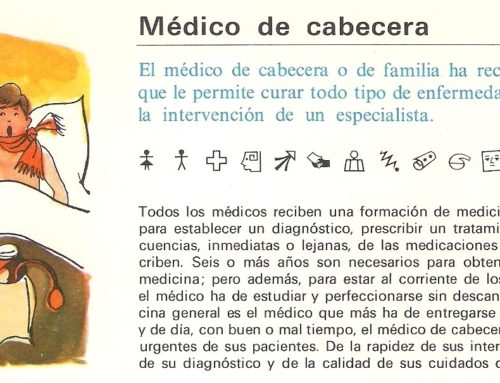The development of an international centre of excellence
Grégoire François-Dainville, the general director of the Jérôme Lejeune institute, has provided us with news concerning this unique centre that combines professionalism and care innovation for each of its patients.
What review could you make of the year 2016?
The year 2016 marks an important step in the life of the Institute, with the launch of the major management project, and, particularly the acquisition of a new management software for the consultation and computerization of the patients’ files. Around one million pages are to be scanned! The strong growth of our activity has made all these projects necessary. Indeed, the number of our patients has doubled over the past 10 years and, in 2016, we welcomed our 8 000th patient. That same year was also marked by new medical and scientific collaborations.
While the number of children born with Down Syndrome is decreasing, how can you explain the increase in the number of consultations?
G F-D: Before working here, two years ago, I used to think the Institute was all about pediatrics and Down Syndrome. It was a warped vision because our patients now live longer, so more and more adult patients come to us, and now also old-age patients thanks to our geriatric consultation service, unique in France. The Institute has developed strong expertise on over 250 syndromes within its building.
More than anything else, I believe that our development rests on the unique and very original model of the Institute. It has no equal in France, or even in Europe. Its ingredients? Among other things, we provide a lifelong follow up, which avoids rupture when adulthood or old age shows up. Our multidisciplinary team follows over 8 000 patients, which gives it experience that others don’t have Thanks to the generosity of the Foundation’s donators, the consultations can last as long as an hour each and it is not an unnecessary luxury! It allows the doctors to not miss anything. Every day, they thus correct any wrong data, or discover new information that had not yet been identified. The strong tie between consultation and research is also our specificity. Finally, I would like to pay a tribute to all the professionals who work at the Institute because they are driven by a common feeling: their love for the patients.
The Institute’s team will be welcoming new members in a few months?
G F-D: Indeed, in a few weeks, we will gladly be welcoming a new pediatrician as well as a new speech therapist who knows a lot about our patients’ speech issues. She already spent some time at the Institute a few years ago, as an intern. In fact, we regularly take in interns.
What are the projects for 2017?
G F-D: During the 2nd semester we will start a consultation service for “autism” in intellectual disability. 10% of our patients are concerned. On the research side of things, many projects will be keeping our teams busy, by proposing, among other things, new therapeutic perspectives. We could quote “Respire 21” for example. A programme for the tracking and early treatment of sleep apnea in babies with Down Syndrome. We are also working on a drug trial for children with intellectual disabilities presenting autistic disorders. There are also several ongoing projects for adults. We are, for example, going to collaborate on a great European study funded by the Jérôme Lejeune Foundation- which is also a world first- to study the genetic factor which could explain why certain people with Down Syndrome develop Alzheimer’s disease and others don’t. It is important that people understand that research on Down Syndrome is also beneficial to others, well beyond any chromosomal abnormalities.









